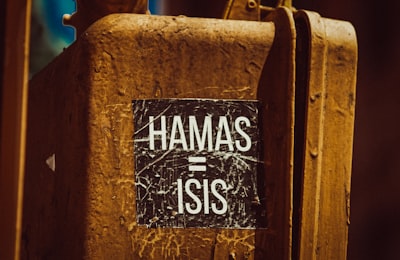Overview
Hostage negotiations have played a recurrent and central role in the ongoing Israel–Hamas conflict, particularly during periods of heightened violence, such as the war that began in October 2023. The issue involves complex interactions between military actions, humanitarian concerns, international diplomacy, and the differing objectives of the involved parties.
Historical Context
Hamas, an Islamist militant organization based in the Gaza Strip, has engaged in the taking of hostages as part of its conflict with the State of Israel. Israeli nationals and foreign citizens have been captured during incursions or attacks, most notably during the coordinated assault on southern Israel on 7 October 2023. This attack resulted in the deaths of approximately 1,200 individuals and the capture of 251 hostages, catalyzing severe military responses and further negotiations.
Hostage-taking has been used by Hamas both as a bargaining tool to gain the release of Palestinian prisoners held by Israel and to extract other political or military concessions.
Negotiation Mechanisms
Negotiations between Israel and Hamas (which do not occur directly but through intermediaries) typically revolve around several issues:
- Release Terms: The exchange of hostages is frequently linked to the release of Palestinians imprisoned by Israel, as well as temporary ceasefires.
- Third-Party Mediation: Countries such as Qatar, Egypt, and (more recently) the United States have played prominent roles as mediators, facilitating 'proximity talks' where parties communicate indirectly through interlocutors.
- Humanitarian Elements: Proposals often include provisions for increased humanitarian aid to Gaza, periods of ceasefire, and the establishing of corridors for medical and logistical support.
Challenges
The negotiation process faces numerous obstacles:
- Mistrust: Years of violent conflict have produced deep-seated mistrust on both sides, often hampering the implementation of agreements.
- Military and Political Objectives: Israel has consistently linked hostage deals to broader military objectives such as the demilitarization of Hamas and security guarantees. Conversely, Hamas views the return of prisoners and humanitarian access as critical gains.
- International Law and Opinion: The treatment of hostages, and the conduct of negotiations, is closely scrutinized by international bodies, humanitarian organizations, and global public opinion.
Recent Developments
As of 2025, negotiations frequently center on complex arrangements that may involve phased releases of both hostages and prisoners, temporary ceasefires (such as 60-day periods), and changes to humanitarian aid distribution mechanisms. High-level involvement by global powers and regional mediators remains a defining feature.
Humanitarian and Political Impact
Hostage negotiations have significant humanitarian implications, directly affecting the lives of hostages, their families, and the broader civilian populations of both Gaza and Israel. Politically, successful or failed negotiations can influence government stability, regional diplomacy, and the course of the broader Israel–Palestine conflict.

Comments
No comments yet. Be the first to comment!